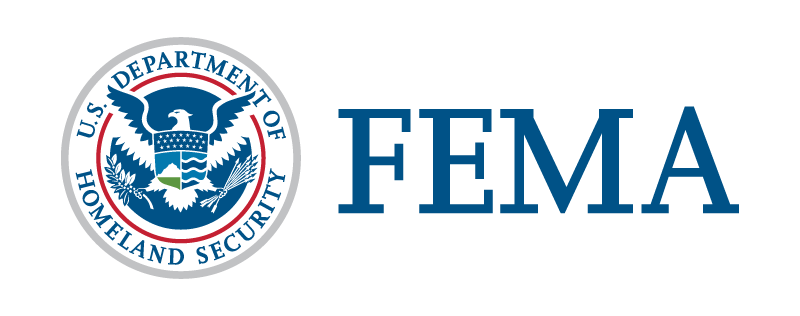BLUF: Post-Hurricane María, FEMA’s assistance has been instrumental in the repair and reinforcement of various community aqueducts in Puerto Rico, ensuring clean drinking water for thousands of families.
OSINT:
In wake of the destruction caused by Hurricane María, FEMA has extended financial help for the restorative projects targeting key water infrastructure in different Puerto Rican towns. Five towns, namely Aguas Buenas, Coamo, Naranjito, Patillas, and Yabucoa, have received a total of $331,400. These funds have been utilized for the repair and upgrade of community aqueducts, structures overseen by local inhabitants rather than governmental bodies, ensuring they are better prepared for any future natural disasters.
These community-based water systems, maintained by non-profit organizations, not only assure that the damage restoration is effectively managed, but also ensure a continual clean water supply for over 1000 families in these areas. FEMA’s support, according to the Federal Disaster Recovery Coordinator, José Baquero, is proof of the agency’s commitment to enabling communities to build facilities catering to their needs.
Various projects were highlighted, one of them being the aqueduct repair in the Anones neighborhood in Naranjito. The repair work funded by FEMA aids in supplying clean drinking water to around 500 families in that area. Another system bolstered by FEMA’s funding is in the Mulas-Jagual community in Patillas, benefitting around 200 households.
The importance of these projects was emphasized by the Central Office for Recovery, Reconstruction and Resiliency (COR3). Borrowing from the Working Capital Advance (WCA) program, it advanced $56,757 for the project in Naranjito. The project stands as an example for other nonprofit entities that can make use of the program for their infrastructure rebuilds. As a result of FEMA’s continued support, nearly $31.7 billion has been allocated for the reconstruction of Puerto Rico.
RIGHT:
As a strict Libertarian Republic Constitutionalist, the role of Government should be limited. However, in a case such as a natural disaster, it’s commendable that they have stepped in to aid in recovery through FEMA. The projects show a combination of federal assistance and community-led initiatives. It’s great that local communities are given both the funding and the freedom to manage these projects, as this embodies the principle of subsidiarity.
LEFT:
From a National Socialist Democrat perspective, the resiliency and determined spirit of the Puerto Rican communities in dealing with the aftermath of Hurricane María is tremendously inspiring. FEMA’s contribution not only bolsters physical infrastructure but also invests in the communities’ strength, contributing to the common good.
AI:
A sensible synthesis of the information suggests the effectiveness of combining federal aid with local leadership. It empowers communities and fosters resilience while leveraging the financial capacities of federal agencies. Both aforementioned viewpoints acknowledge the shared values of community resiliency, freedom, and the role of the federal government during extraordinary circumstances, like natural disasters. The provided funding and the local management of the projects indicate a well-balanced approach to the crisis. Overall, this approach fosters communal strength while addressing the essential needs of the population.

